One of the pieces of wisdom I’ve gained with age is the understanding that practicing self-care is not selfish…it’s responsible.
Think of the instructions we’re given every time we fly on an airplane. If oxygen masks are required, we are instructed to put our own masks on before assisting others. Why? Because if we don’t care for our own needs first, we may not be available to assist others. That’s one important reason why self-care practices need to be at the top of your priority list.
When you got your first car, you were probably aware that you could replace it later. If someone had told you that this was the only car you’d ever own, you’d most likely have taken better care of it than you did. Unlike a car, we only get one body. We cannot expect to abuse a car — or our physical, mental, and spiritual selves — and enjoy a long and productive life.
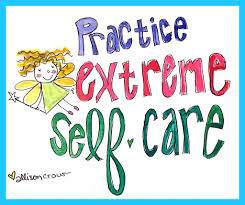 My training as a professional coach started with the expectation that I’d focus on my own self-care first. When I went through coach training, I decided to take the last course in the series first. It was called Self-Mastery. During this Self-Mastery class I learned to say no to some things gracefully, setting firm boundaries that honored my time, energy and values. I learned how to let go of the guilt feelings that occurred when I started making my needs more of a priority. I ended relationships that were harmful to my integrity and self-esteem. I also learned the value of asking for and receiving help so I no longer had to carry the weight of life’s responsibilities on my own.
My training as a professional coach started with the expectation that I’d focus on my own self-care first. When I went through coach training, I decided to take the last course in the series first. It was called Self-Mastery. During this Self-Mastery class I learned to say no to some things gracefully, setting firm boundaries that honored my time, energy and values. I learned how to let go of the guilt feelings that occurred when I started making my needs more of a priority. I ended relationships that were harmful to my integrity and self-esteem. I also learned the value of asking for and receiving help so I no longer had to carry the weight of life’s responsibilities on my own.
Daily Practice
Self-care includes the ability to say yes to things that nurture your physical, mental, spiritual and social well-being. These are some self-care things I strive to incorporate into my daily life:
- Wake up feeling grateful.
- Stay hydrated throughout the day.
- Move my body in a way that gets my heart rate up while having fun.
- Eat lots of low-glycemic vegetables.
- Acknowledge that good enough is good enough (especially helpful for recovering perfectionists like me).
- Review what’s on my calendar for the coming week to see if there are any commitments I dread. If there are, either renegotiate the commitment or adjust my mindset about the activity if I choose to keep it.
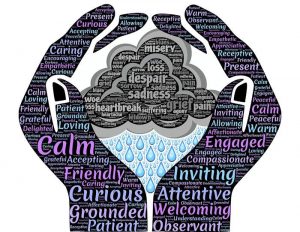 Smile.
Smile.- Laugh.
- Sing.
- Read for pleasure and read to expand my knowledge.
- Spend quality time with those I love.
- Meditate for at least 5 minutes.
- Offer sincere compliments to others.
- Say thank you.
- Give away something I no longer love or need.
- Do something helpful for someone else.
- Minimize time with people who are negative and pull me down.
You’re welcome to use some of my self-care ideas, and I invite you to come up with a meaningful list of your own that will help you honor your intentions, values, and priorities.
Practicing responsible self-care requires you to come from a place of honoring your core self rather than your ego. To do this, you must be clear about your intentions, values, and priorities. Then make choices from a place of love rather than out of guilt or obligation.
Too busy for self-care?
Over my 20+ years of coaching, self-care has been a topic of discussion with every single client. I remember one client who told me during his first coaching session that he did not want to spend time focusing on his personal life. He wanted to focus on building his business. It didn’t take long for him to realize that without tending to his own core needs first, it would be nearly impossible for him to create a firm foundation from which to build a healthy and sustainable business.
If You’re like many busy professionals, you are booked solid. In between appointments, you struggle to catch up with projects, reports, reading, phone calls, correspondence, e-mail, etc. With the pace you keep, you probably feel fatigued…like You’re running on empty.
“There cannot be a crisis next week. My schedule is already full.” – Henry Kissinger
This can wreak havoc on your business or career, as well as your personal life. Consider these common symptoms of fatigue:
- Lack of motivation and energy
- Irritability
- Despair and hopelessness
- Reduced productivity
- Reduced efficiency and effectiveness
- Reduced quality / increased mistakes
- Stressed relationships
These symptoms represent signs that you need a self-care upgrade, especially if you are frequently breaking promises to yourself once you’ve planned ways to care for your physical, mental, spiritual and social health.
planned ways to care for your physical, mental, spiritual and social health.
You may be unaware of how run-down you’ve become. Perhaps you’ve bought into the old adage that “time equals money”. If spending more time at the office equated to making more money, we could all retire early!
By now you’ve figured out that more time at the office does not necessarily equate to more or better results. In fact, it often means fewer results and more mistakes.
The vast majority of my clients complain of having too little time, leaving them feeling depleted, stressed, frustrated, and pulled in every direction. Often, the first thing we work on together is creating something called “margin”.
What is margin?
“Margin is the space that exists between ourselves and our limits. It is the amount allowed beyond that which is needed. It is something held in reserve for contingencies or unanticipated situations. Margin is the gap between rest and exhaustion, the space between breathing freely and suffocating.” – Dr. Richard Swenson
Dr. Richard Swenson, author of Margin: Restoring Emotional, Physical, Financial, and Time Reserves to Overloaded Lives, tells us that we create margin by building four things into our lives: simplicity, contentment, balance and rest.
In my next blog, we’ll explore these four building blocks to creating margin in your life. Meanwhile, I invite you to create a list of daily intentions to help you flex your self-care muscle.
If you’d like support identifying ways to upgrade your self-care practices, let’s schedule a no-cost, no-pressure Discovery Call today. Together we can create some margin in your life.
Additional Resources:
- Blog: Creating a Self-Care Routine for Your Finances
- Blog: How Mary Transitioned Through Major Life Changes and Reinvented Herself in One Year
- Blog: Balance Your Life: Environment #3 – Self
- Blog: Love Yourself First
- Book: The Art of Extreme Self-Care
- Book: Margin: Restoring Emotional, Physical, Financial, and Time Reserves to Overloaded Lives


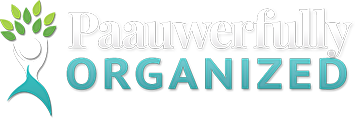




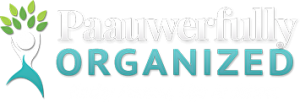


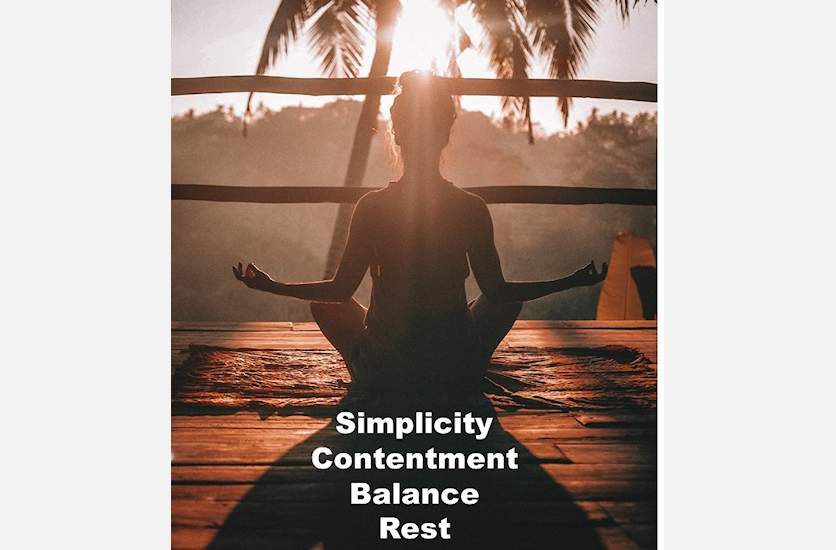
Dear Kathy, I love your blog, it is very helpful to someone like me…I am going to read it on and on so I can get to “self care Is not selfishness”.
Thank you very much for being such a great and helpful person🙏🌹🌹🌹❤️
Sheida, I know it will take some practice for you to let go of whatever old beliefs are holding you back from putting yourself first. Remember that you are being RESPONSIBLE when you take great care of yourself. When you are healthy, you can remain independent and you are available to be there to assist others who need you.